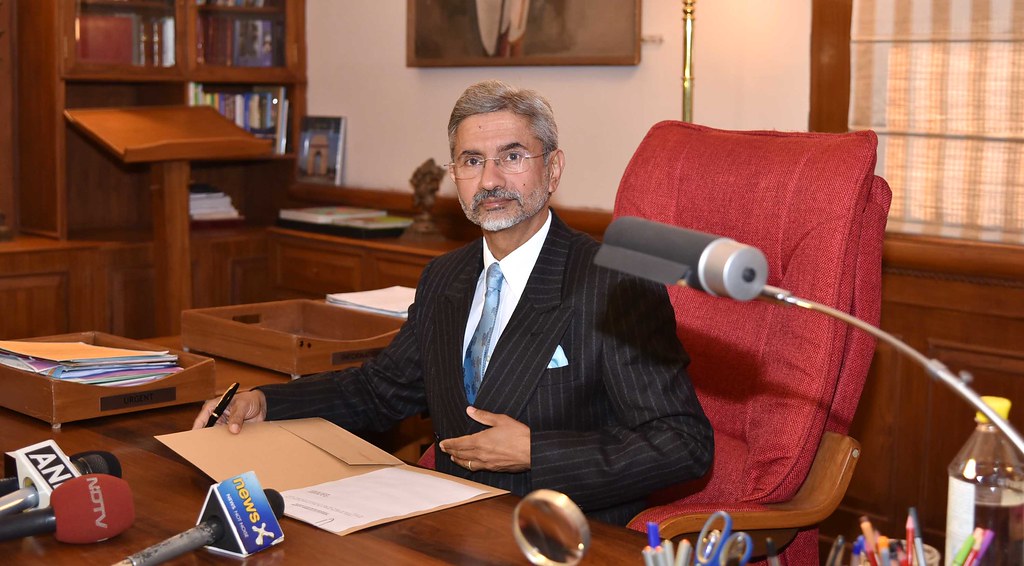On Wednesday, the United States seemed to defend India’s foreign policy decisions in the context of the war in Ukraine by asserting that it would take a lot of time for nations with a long history of relations to Moscow to change their foreign policy.
Ned Price, a spokesperson for the US State Department, made these comments during a news conference in answer to a query regarding the US’s “failure” to isolate Russia.
U.S. On India’s Foreign Policy Stand With Russia:

“Countries from all around the globe have spoken out strongly against Russia’s actions in Ukraine, including with their votes in the UN General Assembly. However, we also understand that this is not like turning on a light switch, Price added in response to a query about India’s imports of Russian oil.”
“This is something that is going to be a long-term proposition, especially for nations who have historical links with Russia, relationships that, as is the case with India, reach back decades,” he continued.
Despite growing sanctions against Moscow due to the conflict in Ukraine, India nevertheless consults with Russia on a number of topics, including the security of India’s energy supply.
According to a recent US media report, Russia overcame Saudi Arabia to become India’s second-largest oil exporter in June. New Delhi has insisted that its demands for energy security will determine how much oil it imports from Moscow.
India’s Approach ft. S Jaishankar:

On Tuesday, S Jaishankar, the minister of external affairs, defended India’s imports of crude oil from Russia and called the arrangement the “best deal for the country.”
In a speech to the Indian diaspora in Bangkok, Jaishankar talked about the rise in energy costs experienced worldwide as a result of the conflict in Russia and Ukraine and said, “We have been quite upfront and honest about our interest. People in my country, which has a per capita income of USD 2000, cannot afford to pay increasing energy rates. My moral obligation is to get the greatest bargain.“
The External Affairs Minister claimed Europe was buying more oil from Middle Eastern nations, who were formerly Asia’s traditional suppliers, but now it was being shifted to Europe, explaining how oil and gas prices are unnecessarily high throughout the world.
Featured Image: Lawstreet.co
News Source: CRUCIAL NEWS GLOBAL
💫FOLLOW US FOR MORE UPDATES. ❌WE DO NOT HAVE IRRITATING AND SPAMMY NEWSLETTERS. ✅EVERYTHING IS AND WILL BE FREE FOREVER. SEE YOU AGAIN IN YOUR STORIES AND FEED 🙂